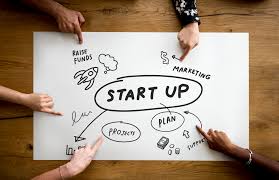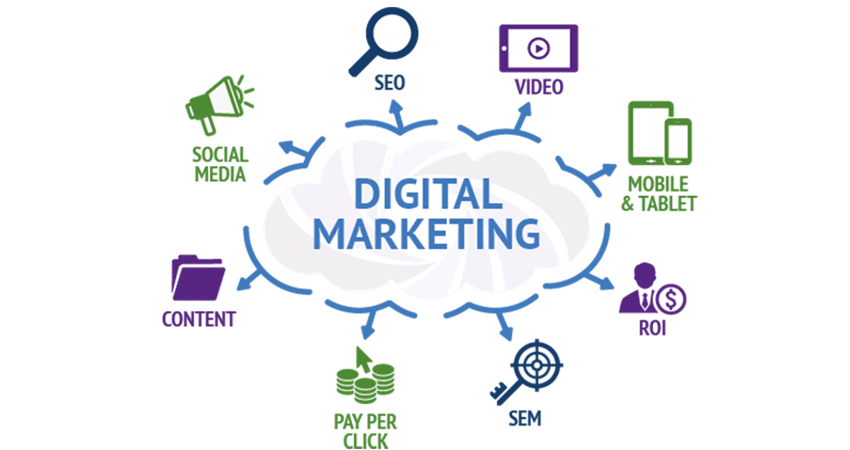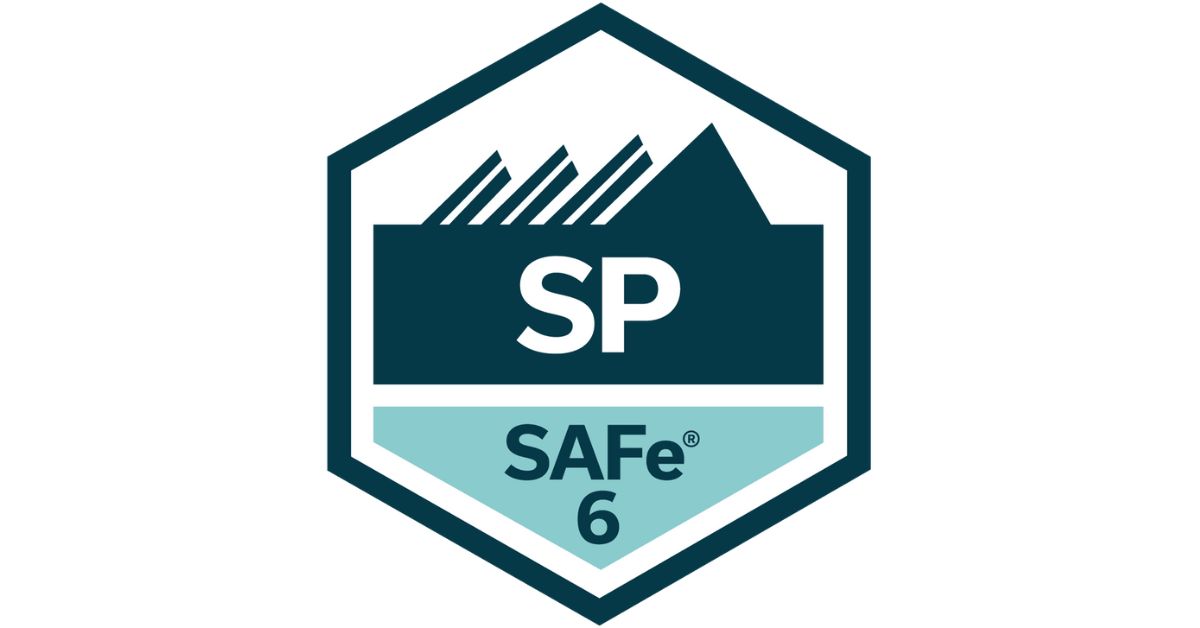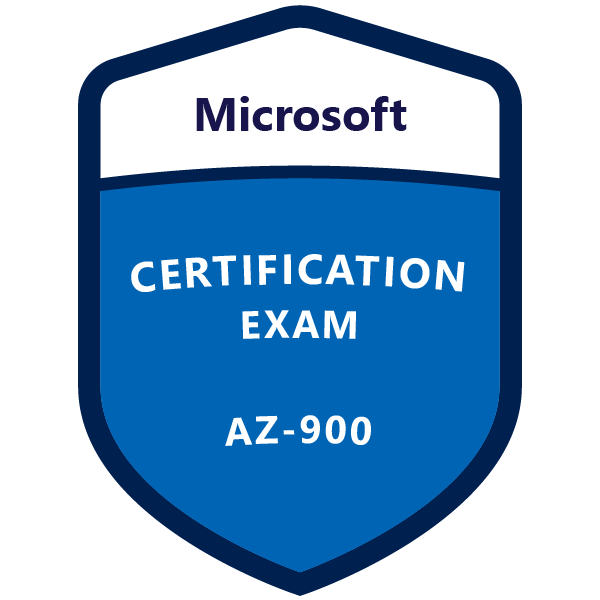What is Critical Thinking?
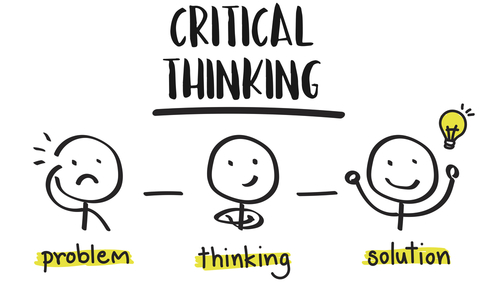
Strong 8k brings an ultra-HD IPTV experience to your living room and your pocket.
Critical thinking is the ability to think clearly, rationally, and independently. It involves analyzing information, evaluating evidence, and making reasoned judgments that are logical and well thought out. Unlike simply accepting information at face value, critical thinkers question assumptions, recognize biases, and seek out the truth, even when it challenges their beliefs. In today’s complex and information-heavy world, critical thinking is one of the most valuable skills a person can possess—whether in academics, the workplace, or daily life.
At its core, critical thinking is about thinking about thinking. It’s a mental process that enables individuals to evaluate arguments, solve problems, and make decisions in a more effective way. This skill doesn’t come naturally to everyone and often requires intentional effort and practice to develop. It’s not just about being skeptical or argumentative; rather, it’s about being curious, open-minded, and fair in your reasoning.
One of the fundamental components of critical thinking is analysis. This involves breaking down complex information into smaller parts so that it can be understood more clearly. For example, if someone reads a news article, a critical thinker wouldn’t just accept the content at face value. They would analyze who wrote the article, what sources were used, whether there are any signs of bias, and what the opposing viewpoints might be. This analytical approach helps to avoid being misled by false or incomplete information.
Another essential element is evaluation. Once the information has been analyzed, it must be evaluated for reliability, credibility, and relevance. A critical thinker asks: “Is this information accurate? Is the source trustworthy? Are there logical fallacies in the argument?” Evaluation allows one to distinguish strong arguments from weak ones and truth from misinformation.
Inference is also a key aspect of critical thinking. This means drawing logical conclusions from available evidence. For example, if a person sees smoke coming from a building and hears fire alarms, they can infer that there may be a fire inside. Critical thinkers use inference to make decisions even when they don't have all the facts, relying on patterns, experiences, and sound judgment to guide them.
Problem-solving and decision-making are practical applications of critical thinking. In professional settings, critical thinking helps individuals identify the root causes of problems and consider various solutions before choosing the best course of action. This is particularly important in fields like medicine, law, education, and business, where decisions can have significant consequences. A good decision-maker doesn’t jump to conclusions but rather weighs pros and cons, considers alternatives, and anticipates possible outcomes.
An important trait of critical thinkers is open-mindedness. They are willing to consider different perspectives, even those that contradict their own. This doesn’t mean they lack convictions, but that they’re open to revising their views if presented with compelling evidence. Open-mindedness is critical in discussions, teamwork, and negotiations, where understanding others' viewpoints can lead to better solutions and stronger relationships.
Self-regulation is another characteristic of critical thinkers. This involves being aware of one’s own biases, assumptions, and emotional influences. For example, someone who strongly believes in a political ideology may be tempted to dismiss information that contradicts their beliefs. A self-regulated critical thinker would recognize this bias and strive to remain objective. This ability to monitor and adjust one’s own thinking process is what sets critical thinkers apart from those who rely on intuition or emotion alone.
In education, critical thinking is considered a foundational skill for lifelong learning. It encourages students not just to memorize facts, but to understand concepts deeply, ask questions, and make connections between ideas. Teachers increasingly use methods like debate, problem-based learning, and case studies to nurture critical thinking in students.
In everyday life, critical thinking helps people make informed choices. Whether it's deciding which products to buy, how to vote, or how to manage finances, individuals who think critically are more likely to make decisions that align with their goals and values. They’re also less likely to fall for scams, fake news, or manipulative marketing tactics.
In summary, critical thinking is a disciplined and thoughtful way of processing information. It involves analysis, evaluation, inference, problem-solving, open-mindedness, and self-regulation. These skills empower individuals to make better decisions, understand complex issues, and communicate more effectively. In a world where misinformation is widespread and decisions carry real weight, critical thinking is not just a useful tool—it’s a vital necessity. By cultivating this skill, we equip ourselves to navigate life’s challenges with clarity, confidence, and integrity.
https://www.seaart.ai/articleDetail/d210435e878c73ch9nag?u_code=HN82XTSC
https://joinentre.com/feed/63aaa283-426c-a000-0ae5-d078d0370a80
https://clearvoice.com/cv/profAlvaro?id=wpo_r2wY3tB2OZGbf5bq
https://www.ezega.com/Communities/Forums/ShowThread/38487/How-to-Choose-the-Right-Study-Materials-for-Better-NCP-MCI-Exam-Preparation-
https://www.ewebdiscussion.com/threads/become-a-more-skilled-penetration-tester-by-passing-the-gpen-certification-exam.289485/
https://view.publitas.com/swift22/what-is-the-strategic-communication-in-total-rewards-certification-and-how-can-you-prepare-for-it/page/1
https://www.tapatalk.com/groups/renotalkfr/viewtopic.php?f=37&t=251841&from_new_topic=1
http://www.arwen-undomiel.com/forum/viewtopic.php?f=30&t=343205
https://squidwardcc.org/forum/viewtopic.php?t=16175
https://www.ewebdiscussion.com/threads/are-you-making-these-common-mistakes-while-preparing-for-the-cfi-i-exam.288205/
https://codepen.io/Jackie-Chain/full/RNWaZRZ
https://ummalife.com/post/589713
https://inkbunny.net/j/565017-Bradleycooper123-how-can-practice-questions-help-you-to-prepare-for-juniper-jn0-480-exam-
https://letterboxd.com/michaelmorron19/list/excellent-preparation-strategies-to-pass/
https://www.reddit.com/r/ExamHelpers_Tutoring/comments/1m17vkr/does_having_technical_knowledge_is_important_to/? utm_source=share&utm_medium=web3x&utm_name=web3xcss&utm_term=1&utm_content=share_button
https://www.ewebdiscussion.com/threads/enhance-your-software-testing-career-by-getting-the-ctal-tm- certification-in-test-management.285557/
https://milyin.com/831033/
https://www.zybuluo.com/chrisevans/note/2608831
https://paidforarticles.in/prepare-these-important-topics-to-successfully-pass-the-dop-c02-exam-841812
Note: IndiBlogHub features both user-submitted and editorial content. We do not verify third-party contributions. Read our Disclaimer and Privacy Policyfor details.



